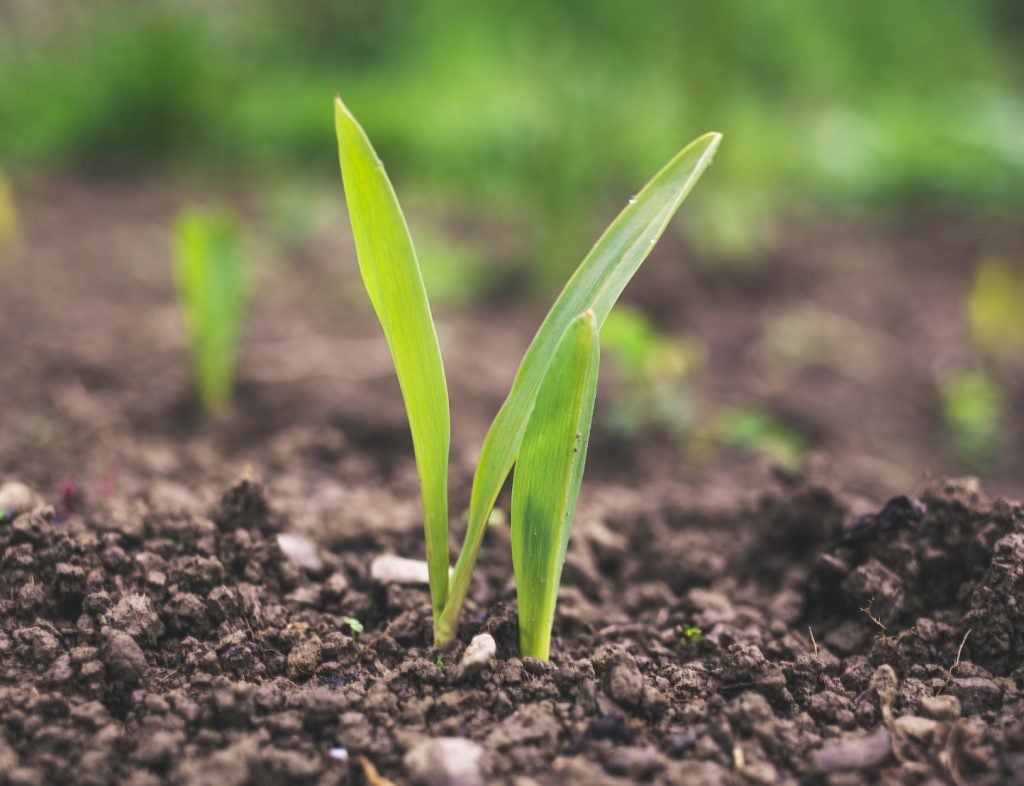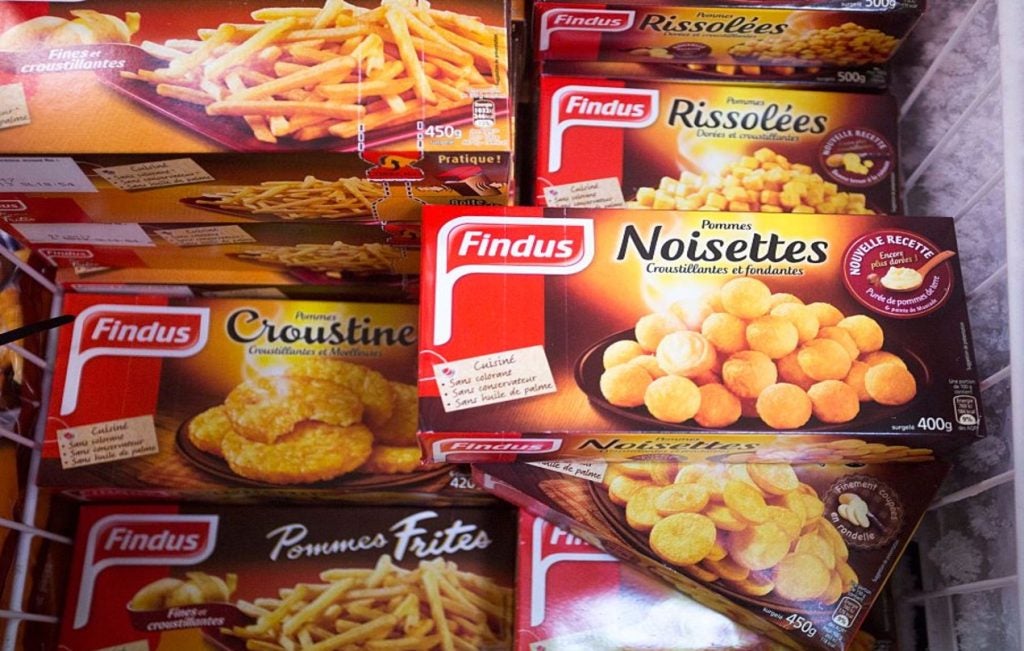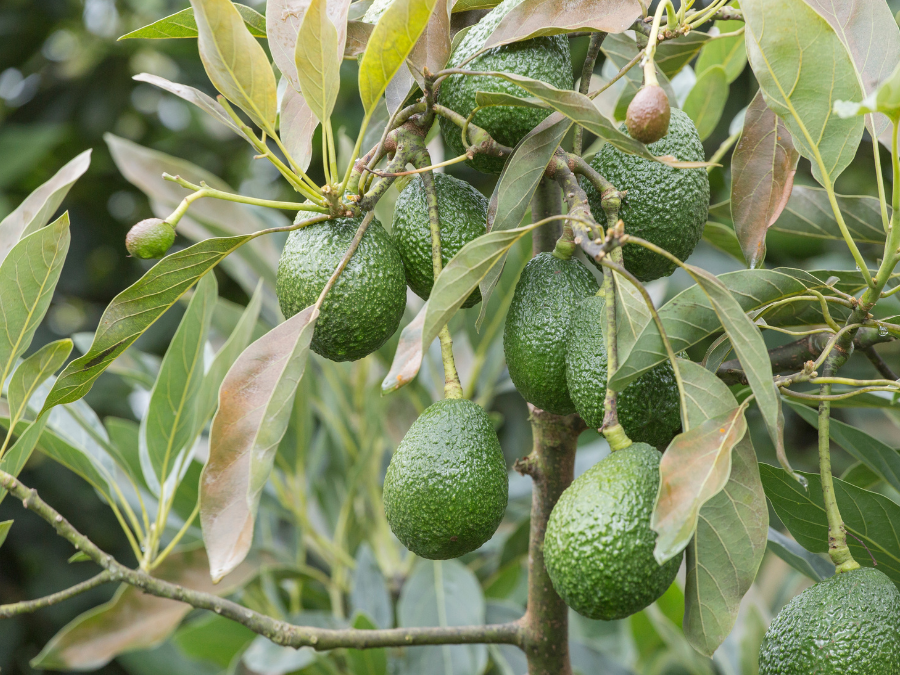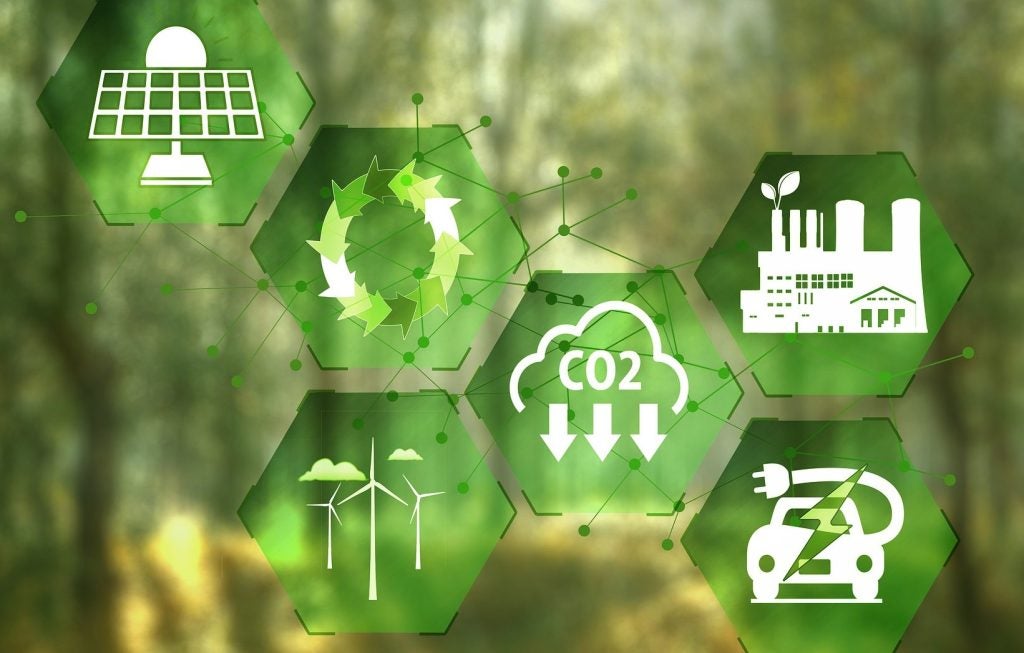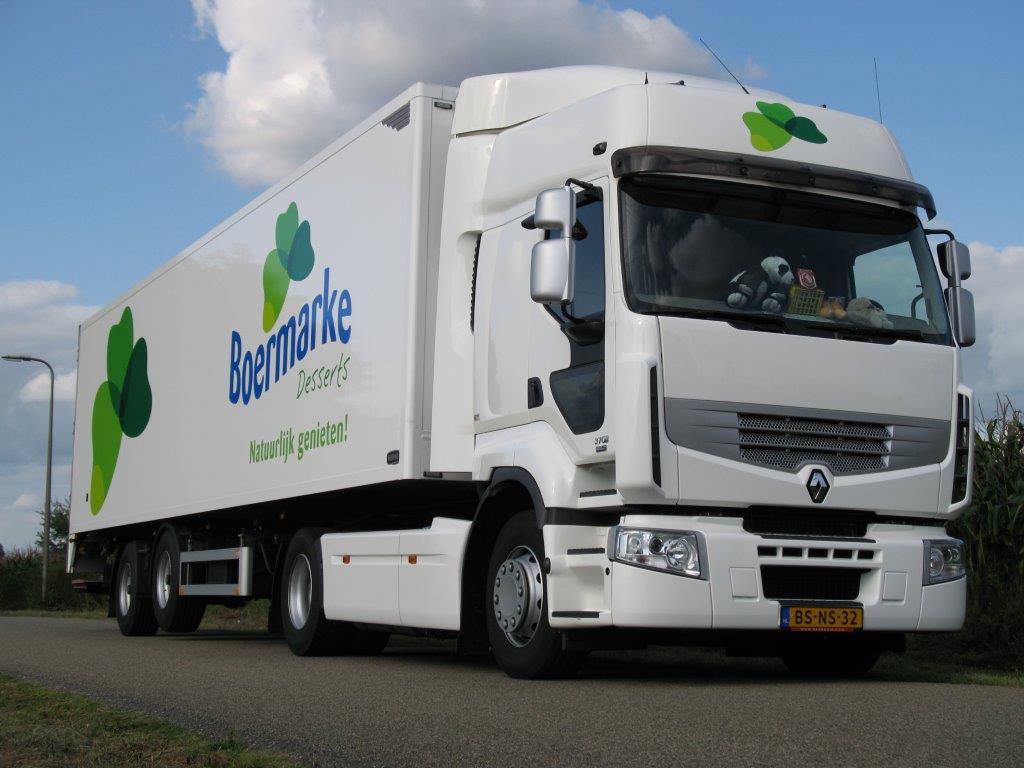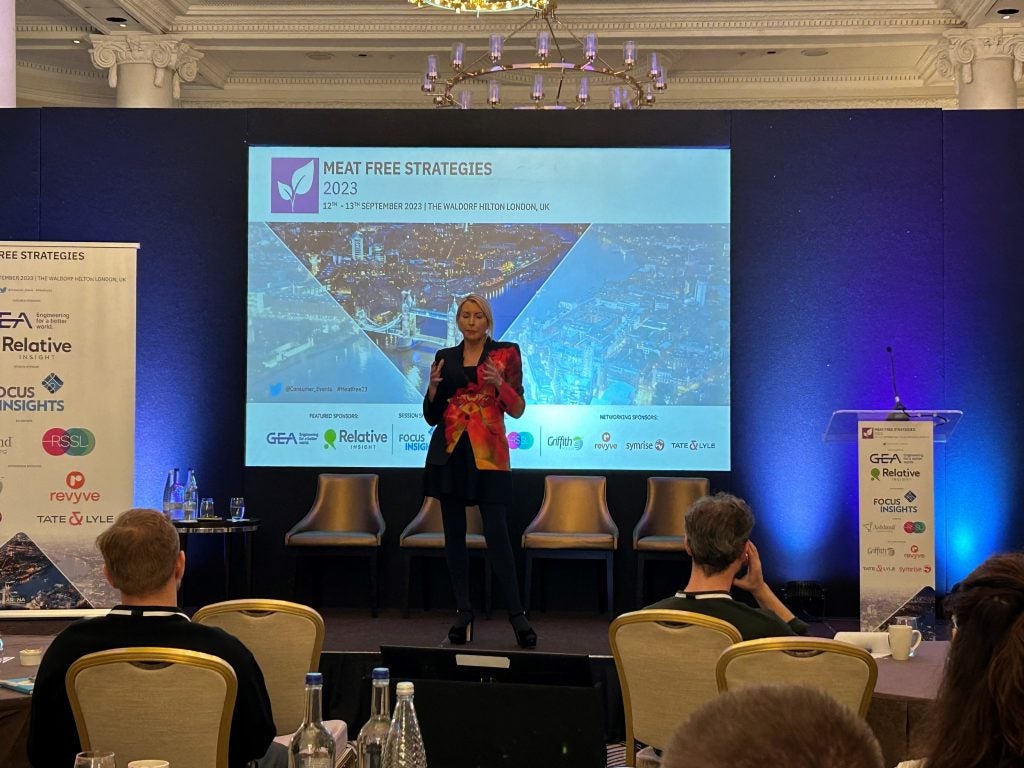Nestlé, Unilever and PepsiCo are among the FMCG giants to sign up to a new framework agreement for the transition to regenerative agriculture.
The Regenerating Together project has been rolled out by the Sustainable Agriculture Initiative (SAI) Platform, a Brussels-based non-profit organisation promoting sustainable development in agriculture.
SAI said today (27 September) the programme takes in food and drink manufacturers and “provides the industry with a globally aligned approach for the transition to regenerative agriculture practices”.
Its introduction follows criticism last week from the environmental, social and corporate governance (ESG) advocacy group, the FAIRR Initiative, which claimed only a small proportion of “food and retail giants” have regenerative agriculture targets, despite promoting the practice.
Regenerating Together has been developed in consultation with farmers, academics and NGOs and will “assess, monitor and verify farm practices to aid the global transition towards regenerative agriculture”, SAI said.
Four key impact areas were identified – water, soil, biodiversity and climate – with an equal number of addressable steps covered by the framework: “risk screening assessment, outcome selection, the adoption of principles and practices, and the monitoring and assessment of progress”.
SAI added that 30 agricultural co-ops, “industry giants” and its own 170-strong member network, including Nestlé, Danone, Unilever and PepsiCo, have committed to a “global standard for regenerative agriculture”. It has been developed in cooperation with farmers, academics and NGOs.
FAIRR said in a report last week it had analysed the commitments of 79 global food and grocery retailers worth more than $3trln in revenue. However, the body claimed only 50 mentioned regenerative agriculture practices in their disclosures. And only 18 of those 50 – 36% – have “quantified” targets.
Headquartered in London, FAIRR also found only eight of those 50 companies mention any metrics or data, with just four setting baselines to measure progress in regenerative agriculture. Only four of the 50 had targets to “financially support” farmers in the practise, the body claimed.
SAI said Regenerating Together aims to “unite the food and beverage industry to bring about large-scale, long-term systemic change to future-proof global food supply”.
The non-profit added: “SAI Platform’s Regenerating Together programme aims to unite the agriculture industry with a common goal – a resilient and productive food system that will revitalise natural ecosystems and improve the quality of farmers’ livelihoods."
Dionys Forster, the director general of the SAI Platform, said: “Regenerative agriculture is the way forward to ensure productivity and farm ecosystem viability – we must act now and further transition towards farming practices that protect the future of our planet. We look forward to continuing to work with our members and other industry players as we build towards this common goal.”
Eric Soubeiran, the vice-president of sustainability operations at Unilever, said the programme “sets a new standard for regenerative agriculture globally, whilst providing the needed flexibility at farm level”.
Soubeiran added: “As individual organisations, we have set targets to implement regenerative agricultural practices, but this new framework brings leaders together to work towards one common commitment.”
Major FMCG companies have made announcements in the area in recent months. In July, PepsiCo said it had teamed up with Walmart on a regenerative agriculture scheme in the US covering million of acres of farmland.
In November last year, PepsiCo was among a group of 12 businesses that said the adoption of regenerative agriculture was proving “too slow” with the “economics” for farmers unworkable.
Companies including Mars and McCain Foods, as well as fertiliser supplier Yara International and upmarket UK grocer Waitrose, published an “action plan” to “scale up” the use of regenerative agriculture.
[Link src="https://www.just-food.com/features/why-were-in-a-critical-period-in-the-development-of-regenerative-agriculture/?cf-view" title="Spotlight: Why we’re in a critical period in the development of regenerative agriculture" font-size="18px"]

